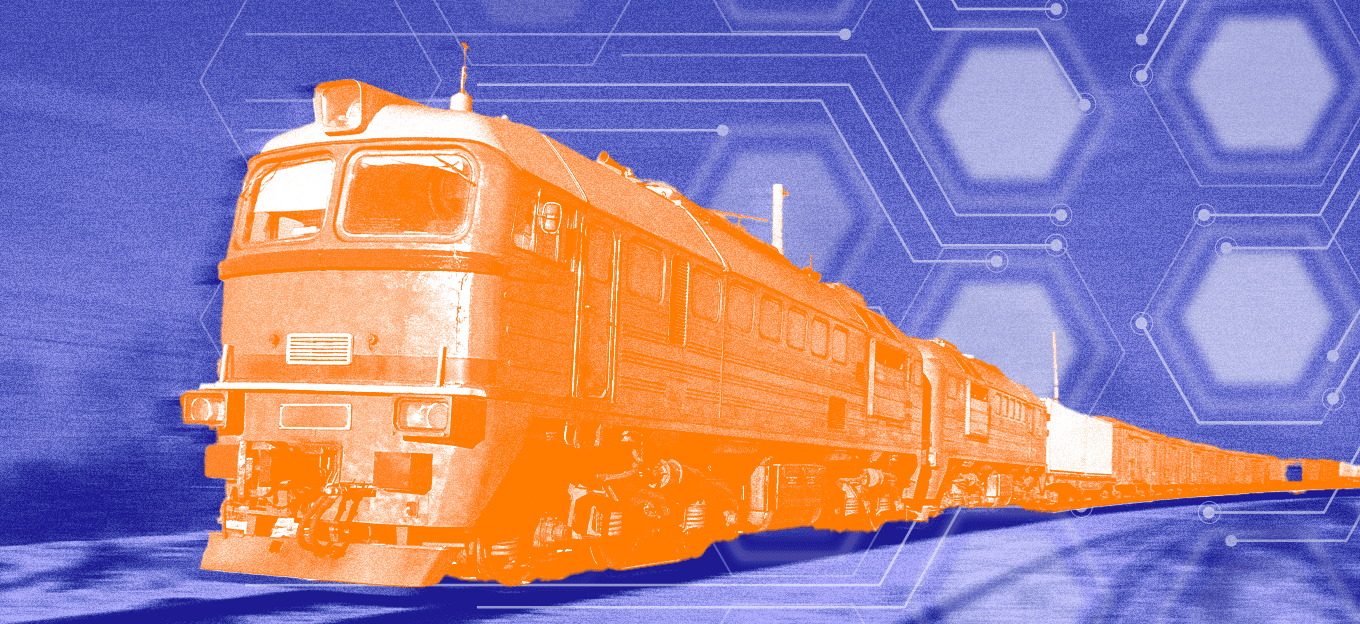Imagining the IoT-Enabled School of the Future
Imagining the IoT-Enabled School of the Future
- Last Updated: December 2, 2024
Hayden Cohen
- Last Updated: December 2, 2024



IoT is revolutionizing the industrial world and has also made a profound impact on the consumer sector as well. As we steadily move toward a more connected world, IoT will be a part of numerous aspects of your life. IoT can help patients adhere to their medication schedules, families save money on their water bill and businesses keep track of their assets.
In the same way, IoT is going to reshape schools and education in general. In this article, I'll take you through the school of the future. That school will include housing, classrooms, labs, and facilities that will improve learning instruction, safety, and efficiency for all stakeholders—students, teachers, administrators, staff and parents.
What Is the School of the Future?
The school of the future represents the push toward a more collaborative and enriching educational experience. Whiteboards, textbooks, pens, equipment, auditoriums, gyms, fields, desks, water fountains, buildings, tablets, and entire classrooms are connected to the cloud. This allows for greater security, more interactivity, better learning, and increased access in schools and universities.
Upon accessing the school entrance, students, teachers, administration, and staff will be accounted for via RFID tags on unique identification cards. That information is sent to the cloud and pushed to the school’s security management system, allowing school security to monitor who is in the building at all times. The same system records students as they enter their classrooms, removing the need for attendance at the beginning of class.
In the spirit of talking about school, let’s do some quick and fun math: If Mrs. Johnson teaches a 50-minute history class 150 times per school year and it takes her 5 minutes each class period, how many more hours can Mrs. Johnson teach if an IoT-enabled attendance system automated attendance-taking? 12 and a half hours (10 percent more time!). That’s how much.
The school of the future represents the push toward a more collaborative and enriching educational experience, which could benefit all stakeholders.
From Textbooks to Techbooks
Textbooks in smart classrooms are going to be more like "techbooks." Tech-enabled textbooks, enhanced with connected pens, would allow students to highlight interesting or difficult sections, which will, of course, be stored in the classroom’s management system. Scientific instruments in physics and chemistry labs are going to be connected to the cloud as well, recording and storing data to create a standard, automated lab report without the need for manual and written entry.
High school physics students will rejoice when they no longer have to redo an entire lab report when they forget to use the cardboard divider and have their pencil bleed through the carbon paper below. However, they'll also simultaneously be sad because they can’t try to copy their friend’s lab report at 7:55 am before the school bell rings.
Smarter School Security, But at What Cost?
Schools of the future will feature enhanced security, but will it require infringing on student privacy? Bathroom passes serve as an interesting example. In modern public schools, students likely leave their class and carry a small clipboard which serves as a hall pass to go to the bathroom, office, or another area of the school.
It may surprise this audience, but some students actually use bathroom passes to skip out on class instead of going to the restroom. Eventually, bathroom and hall passes, for better or worse, may be connected to the cloud as well. Is it rational for schools to force students to carry IDs and passes that track their location? One thing’s for sure: it’s going to be a lot harder “to go to the bathroom” (to run to your car and quickly do your homework you neglected to do the night before) in the future.
Smarter Teaching, Smarter Learning
P.E. class will feature connected equipment, as will the gym and football fields, which will be lined with smart microphones that can trigger an announcement on the jumbo screen encouraging the student body to cheer more loudly during games.
How many times did your calculus teacher write something on the board that you didn’t have time to write down in your notebook? Smart classrooms equipped with smart whiteboards will put this problem to rest. Students will be able to check out past notes on the class’s web application because the smart board records everything written. The same goes for music class. If your teacher writes the name of a composition on the board, the smart board will offer to analyze the melodies or play the piece for students to provide more context.
Schools of the future are going to be pretty darn cool. As time goes on and smart EdTech products become more prevalent and affordable, we're going to see some really neat applications in classrooms.
The Most Comprehensive IoT Newsletter for Enterprises
Showcasing the highest-quality content, resources, news, and insights from the world of the Internet of Things. Subscribe to remain informed and up-to-date.
New Podcast Episode

What is Software-Defined Connectivity?
Related Articles





